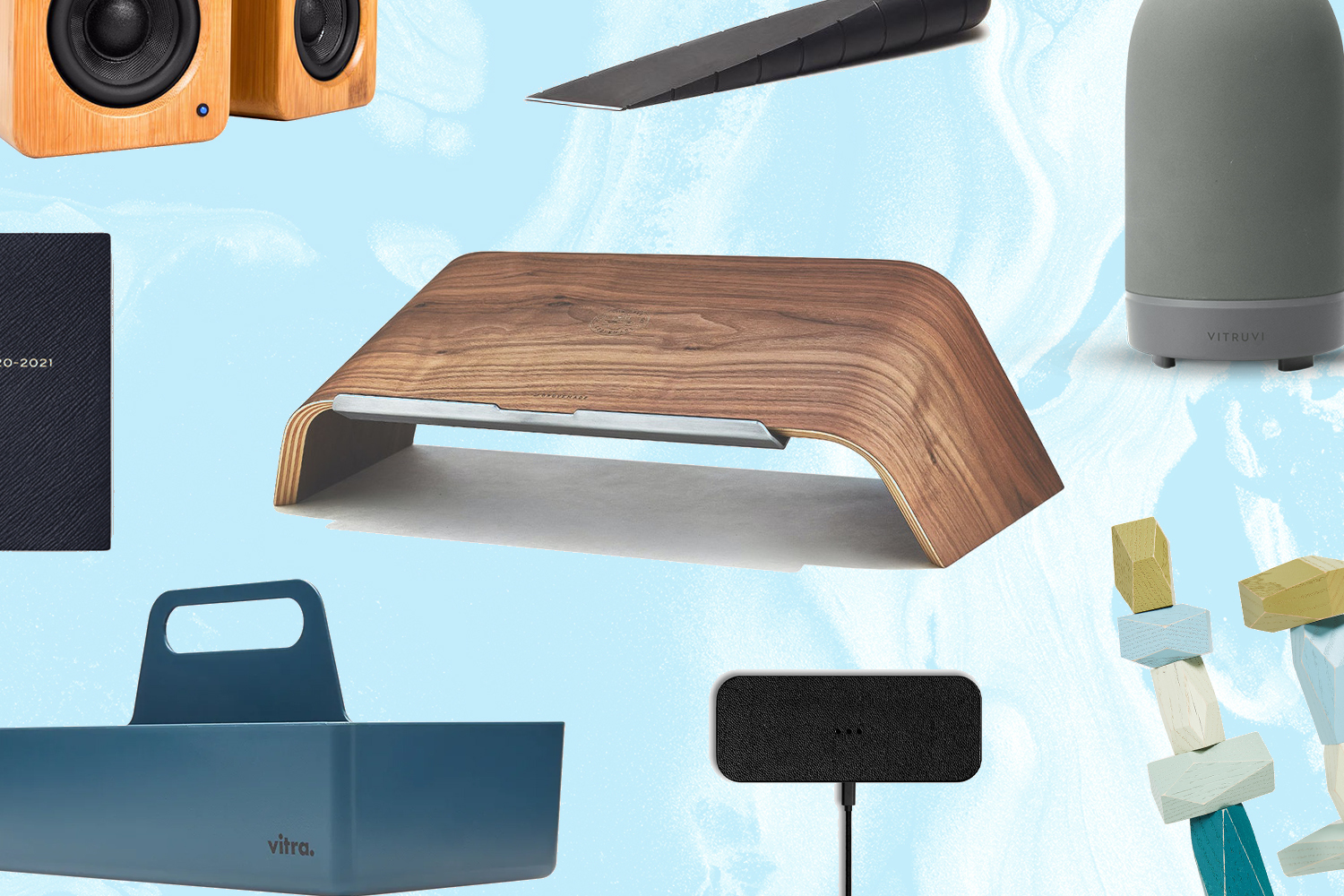Your tie is killing you. That’s not a metaphor for work-life balance; as a recent report by Insider Deutschland notes, your business wardrobe accessory could be responsible for an increase in intraocular eye pressure and an overall risk of infection, among many other health concerns.
The COVID-19 pandemic and the shift to WFH or part-time office work has certainly changed expectations about office dress codes. But maybe it’s time to retire the tie except for strictly formal situations. As Insider writer Qayyah Moynihan notes, “The annoying but seemingly innocuous item of clothing could actually damage your health.”
Moynihan collects multiple studies, some going back as early as 2003. There are some stark findings here:
- A New Scientist study showed that ties could be restricting blood flow to the brain, which could lead to headaches, dizziness and nausea (and more adversely affect those with other health issues, like high blood pressure)
- According to The British Journal of Ophthalmology, a tight necktie “increases interocular pressure (IOP) in both normal subjects and glaucoma patients and could affect the diagnosis and management of glaucoma“
- Ties are an injury risk. According to research by Korea’s Yonsei University, a tight tie can put increased strain on the upper trapezius muscle.
Most importantly, especially in these pandemic times, is that a tie could lead to increased infections when you’re in the hospital. A Texas A&M Health Science Center College of Medicine study suggests ties increased the transmission of bacteria from doctors to patients; as Insider sums it up, “Among 42 male surgical clinicians at the New York Hospital, nearly half had managed to accrue infection-causing pathogens on their ties.”
Suggestions? Keep it a little loose if you’re stuck wearing a tie. And you’re in the office world — or particularly if you work in a hospital — consider keeping your wardrobe business casual.
Whether you’re looking to get into shape, or just get out of a funk, The Charge has got you covered. Sign up for our new wellness newsletter today.

















